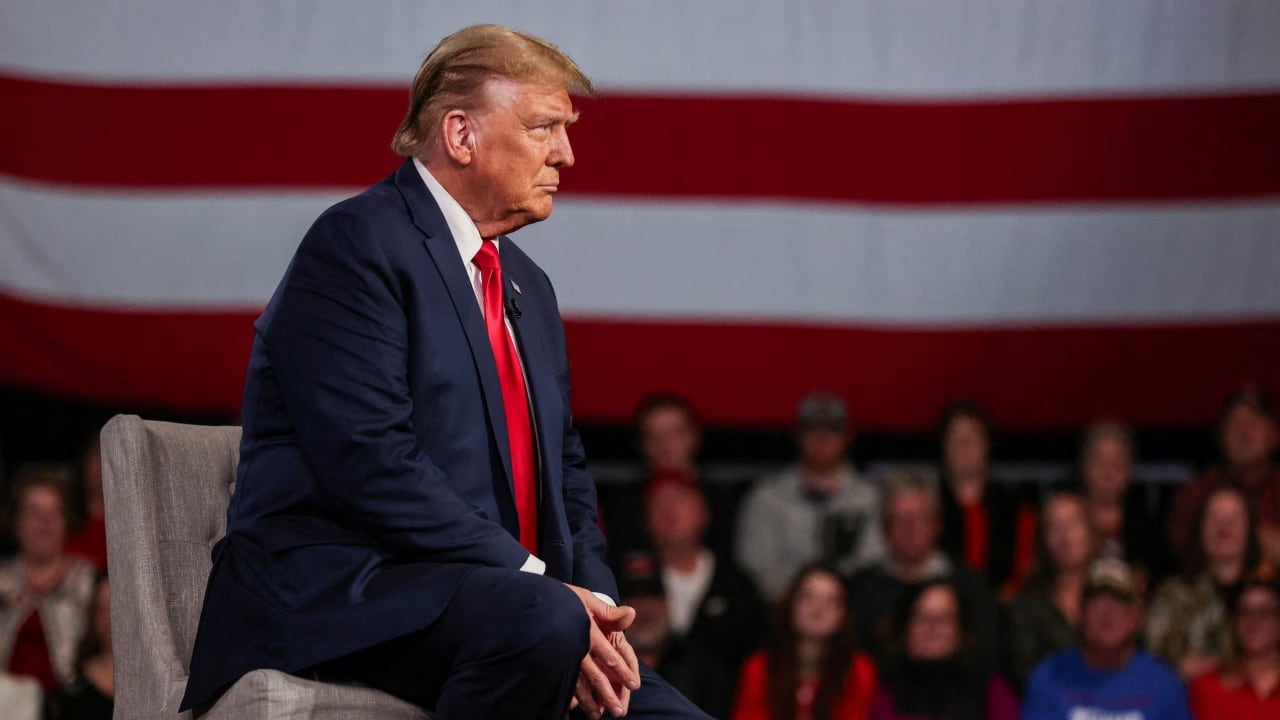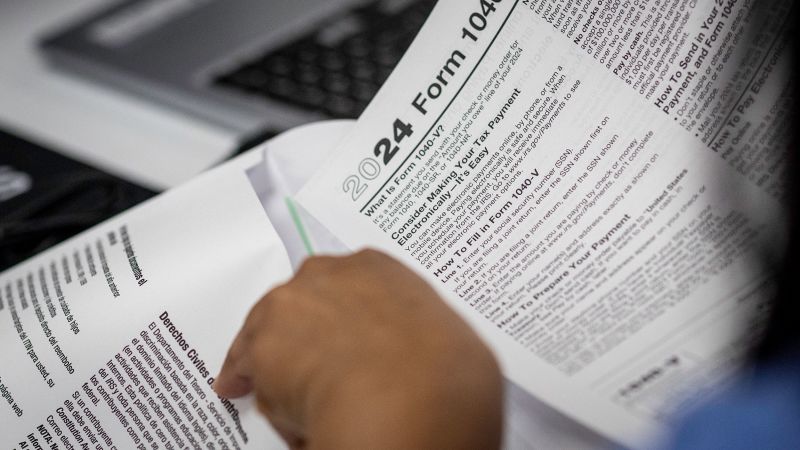Artificial intelligence is now widely used. Presented as an everyday ally, promising to make our lives easier and reimagine the way we write, it nonetheless carries a major risk. A US study claims that by imposing Western writing standards, AI could smooth out styles and erase cultural particularities.
To measure this threat, a team from Cornell University, led by Professor Aditya Vashistha, conducted a ground-breaking experiment with 118 American and Indian participants. Each of them was asked to write texts on cultural themes, with or without the help of an AI writing assistant. The aim was to observe the influence of AI on their respective styles.

It turns out that, while AI boosts writing speed, it also profoundly transforms personal styles. This phenomenon was particularly noticeable among the Indian participants, whose writing style became much more Americanised. To adapt to the AI's suggestions, they often had to make numerous changes.
"When Indian users use writing suggestions from an AI model, they start mimicking American writing styles to the point that they start describing their own festivals, their own food, their own cultural artifacts from a Western lens," explains Dhruv Agarwal, a doctoral student at Cornell and first author of the study, quoted in a news release. A detailed analysis of the texts shows that the Indian participants accepted 25% of the AI's suggestions, compared to 19% for their American counterparts. At the same time, Indians were significantly more likely to modify the AI's suggestions to fit their topic and writing style to maintain cultural relevance.
For example, AI typically suggested "Christmas” to evoke a favourite holiday, overlooking Diwali, one of the country's biggest festivals. This bias is no mere anecdote. The authors denounce a veritable form of "AI colonialism”, an insidious cultural domination in which Western standards are imposed to the detriment of other identities.
And the consequences are far-reaching. By standardising the way they write, people could end up seeing their own culture through a foreign lens, to the point of altering their individual perception of it. "This is one of the first studies, if not the first, to show that the use of AI in writing could lead to cultural stereotyping and language homogenisation," says Aditya Vashistha.
"People start writing similarly to others, and that’s not what we want. One of the beautiful things about the world is the diversity that we have." Professor Aditya Vashistha and colleagues are well aware of this and are calling for a change of direction.
Cornell's Global AI Initiative is already looking to join forces with industry to build policies and tools that are more attentive to cultural specificities. The stakes are immense. It's a question of safeguarding the richness and diversity of human expression, protecting the plurality of voices and imaginations, and preventing digital homogenisation.
Indeed, defending cultural diversity in the face of AI is not just an ethical choice, it's a collective emergency. – AFP Relaxnews.
Technology

How AI tools can threaten cultural diversity

A US study claims that by imposing Western writing standards, AI could smooth out styles and erase cultural particularities. Read full story















